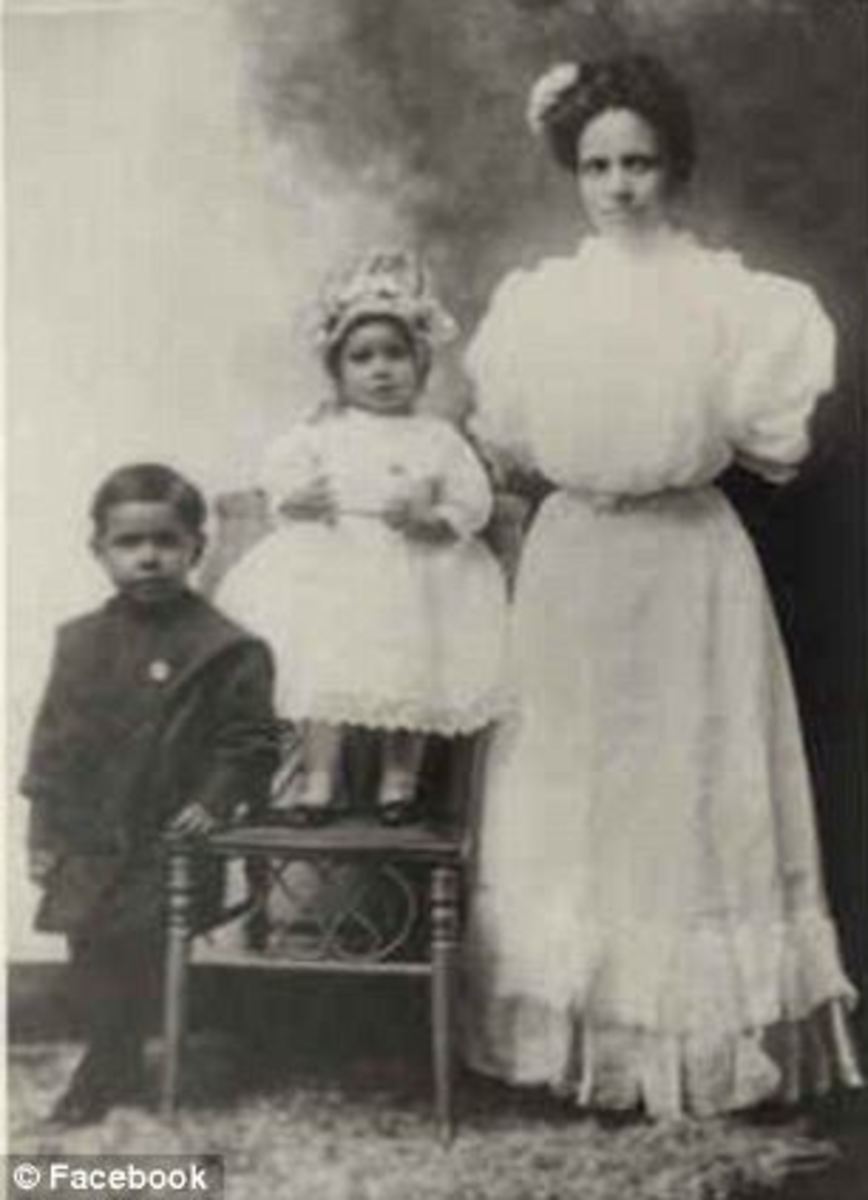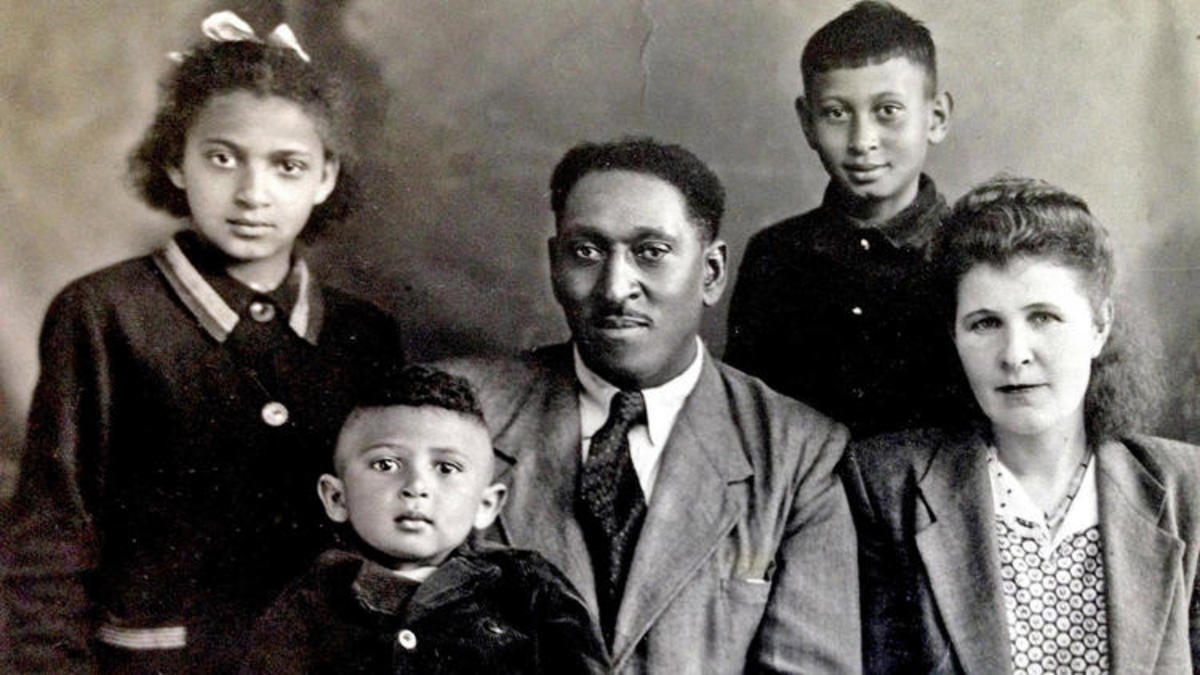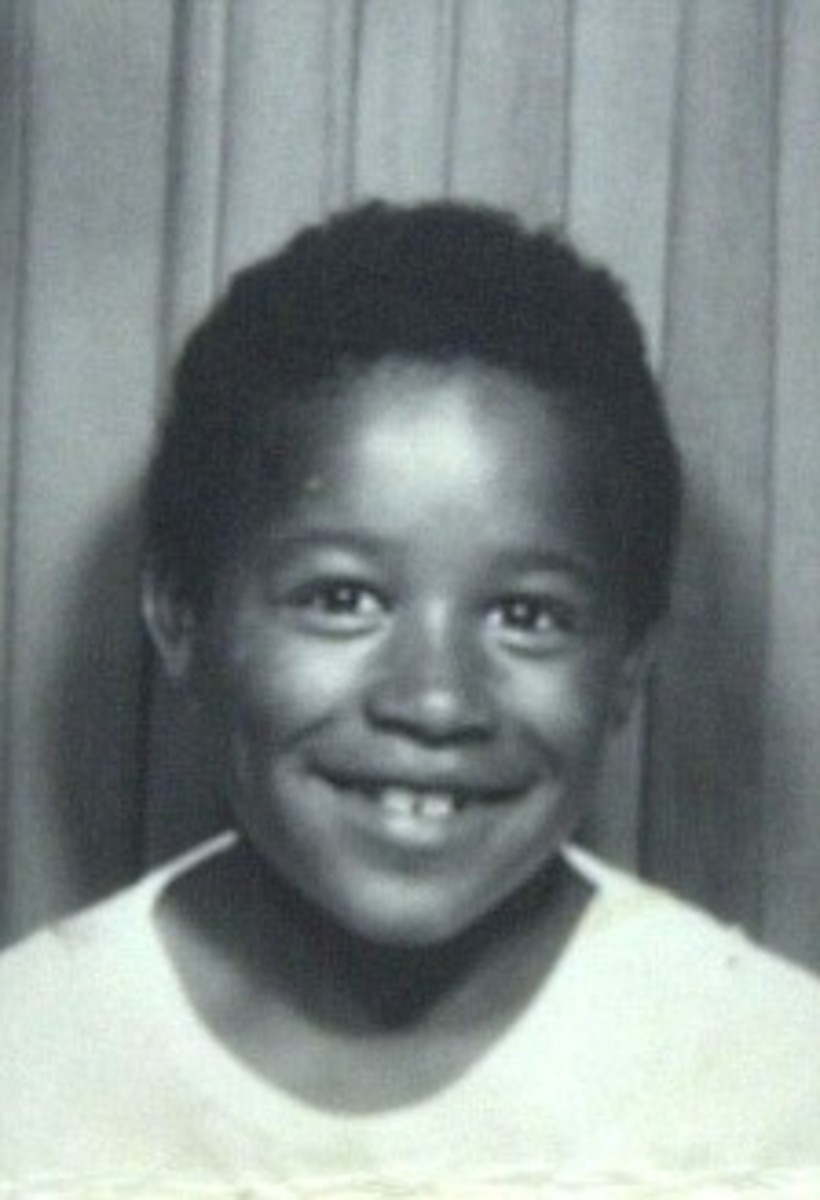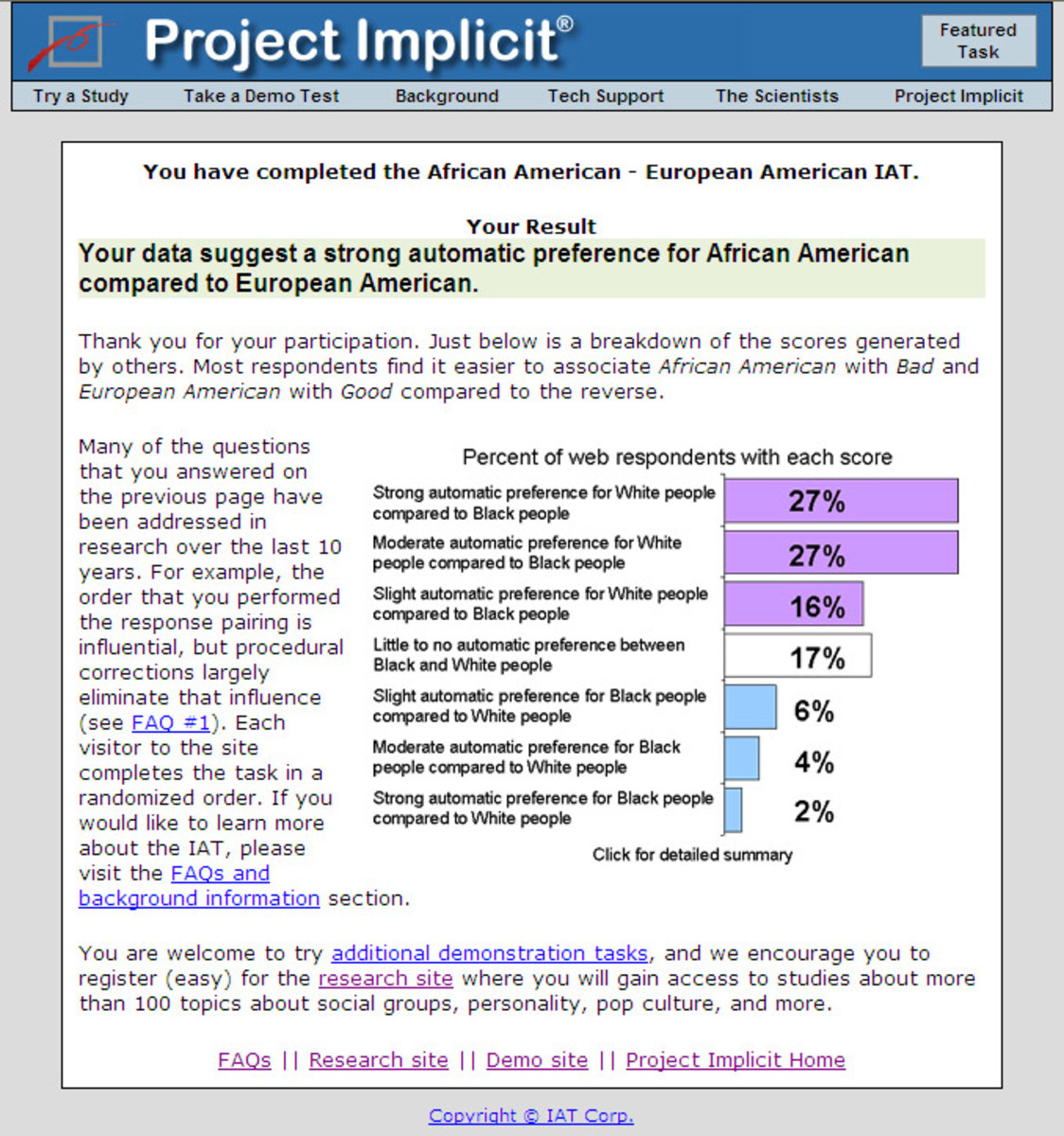Black Like Me!
John Howard Griffin
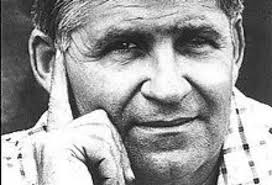
John Howard Giffin
In the 1950s a white man, John Howard Griffin, wrote a book, "Black Like Me", about his experiences taking a drug that turned his skin, a dark chocolate color, which allowed him the opportunity, to experience what it was like, to live as a black man in the racially segregated south. He did this, because, he thought it was impossible for a white man or any white person, to really understand, what it like for blacks living in the segregated south unless you were black.
Griffin wrote in the opening chapter of his book " "What is it like to experience discrimination based on skin color, something over which one has no control?" No white man could, he reasoned, truly understand what it was like to be black, because black people would never tell the truth to outsiders. "The only way I could see to bridge the gap between us was to become a Negro," . "I decided I would do this."
Griffin's book details his experiences traveling "as a black man" by bus and occasionally hitch hiking through, Louisiana, Georgia, Alabama and Mississippi, which were probably the worst states in the union for racial violence against blacks and black men in particular during that time.
Griffin's Racial Attitudes Change
Griffin was born on June 16, 1920, in Dallas, Texas. and grew up in the segregated south. He shared the common white supremacist racist attitudes toward blacks as the majority of white southerners did. But a turning point in his life and his racial attitudes came, when as a teenager, he went to France to attend school. To his amazement, he found that the French, didn't hold the white-supremacist racial attitudes toward blacks like many white southerners did. This experience caused Griffin to question his own racist attitudes towards blacks. This eventually lead him to commit himself to the cause of ending racial segregation and gaining racial equality for black people.
How Griffin Was Able To Pass As A "Negro"?
Some people may wonder how Griffin could pass for a black man ( a negro in those days) if he had "white features". Many "black" people have "white" features.
Griffin was able to "pass" himself off as a black man by taking large doses of the anti-vitiligo drug Methoxsalen, under the supervision of a dermatologist. He spent fifteen hours a day under an ultraviolet lamp to help darken his skin. Griffin wouldn't look in the mirror to see how he looked until the treatment was completed.
Griffin See's He's Reflection In The Mirror
When Griffin finally saw his reflection in a mirror he said "The transformation was total and shocking. I had expected to see myself disguised, but this was something else. I was imprisoned in the flesh of an utter stranger, an unsympathetic one with whom I felt no kinship. . . . I looked into the mirror and saw reflected nothing of the white John Griffin's past. No, the reflections led back to Africa, back to the shanty and the ghetto, back to the fruitless struggles against the mark of blackness. . . . I had tampered with the mystery of existence and I had lost the sense of my own being. This is what devastated me. The Griffin that was had become invisible."
The "Black Man" On The Left Is John Howard Griffin
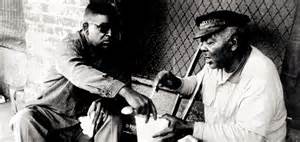
Griffin Passes For A Black Man
Griffin's skin was so dark many whites, probably just saw him as a "mongrel" black man with some white ancestry. In the segregated, Jim Crow south, the "one drop rule" applied. It didn't matter how white your features or your skin, if you were seen as black, you were black. Griffin's very dark skin definitely qualified him for that designation.
Blacks accepted Griffin as a black man. Blacks were used to seeing and accepting "black" people of all shades, colors, hair textures and facial features, because of racial mixing and the "one drop rule"
Griffin's Black Friend Didn't Recognize Him
One of Griffin's friends, a black shoe shiner, Sterling William, didn't recognize Griffin after his transformation. As Griffin was getting his shoes shined by William he said “Is there something familiar about these shoes?” William: “Yeah, I been shining some for a white man” Griffin “A fellow named Griffin?” William: “Yeah. Do you know him?” Griffin: “I am him.”
Many white's who knew Griffin didn't recognize him.
Griffin's Journey Through The South As A Black Man
Griffin's journey as a "black" man took him hitchhiking through the south, hitching rides with blacks, but, mostly with whites. He found that he was treated in a friendly manner by most whites, but also found that many whites had a perverse interest, in his sexual prowess as a black man. They assumed he was out to screw as many women as he could." and were also interested in the size of his penis.
One man asked Griffin, if his wife "ever had sex with a white man," saying "We figure we're doing you people a favor to get some white blood in your kids." Griffin said " This grotesque hypocrisy slapped me as it does all Negroes."
Griffin Finds It's Hard To Get A Job As A Black man
Griffin arrived in Mobile, Alabama and found that it was hard for a black man to get a job. He applied for a job at a factory but was told: "We're getting you people weeded out from the better jobs at this plan. Pretty soon we'll have it so the only jobs you can get here are the ones no white man would have."
Any black person who grew up in the 1950s Jim Crow south wouldn't be surprise at anything Griffin experienced, because that was basically an everyday reality for them
Griffin Finds Out How Whites Judge Blacks
Griffin found out first hand how blacks were judged by many white southerners, saying, "the criterion is nothing but the color of skin. My experience proved that, whites judged me by no other quality. My skin was dark. That was sufficient reason for them to deny me those rights and freedoms without which life loses its significance and becomes a matter of little more than animal survival."
Griffin experiences as a "black man' were so depressing, he "decided to try to pass back into white society" He said "I was once more a first-class citizen."
"Black Like Me" Griffin Received Death Threats When His Book Was Published
Griffin's book, "Black Like Me" was published in 1962, sold ten millions copies and was. translated into 14 languages. A film of same name was made in 1964, starring James Whitmore as Griffin.
When the black magazine, Sepia, published excerpts from his book, Griffin received so many death threats against himself and his family. Griffin had to move his family to Mexico for his and their protection. Someone even hung, Griffin, in effigy in his hometown of Dallas Texas. But after "Black Like Me" was published. Griffin bravely went around the country lecturing about his experiences and against racial injustice and segregation..
James Whitmore As Griffin
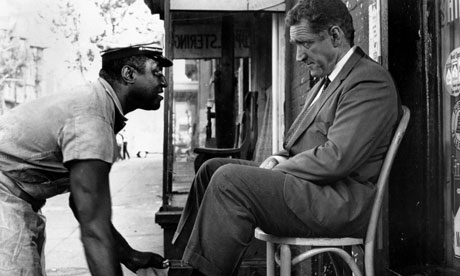
Griffins's Death
The rumor was that Griffin died as a result of the skin darkening treatment he did, but this was false. Griffin died September 1980 at age 60 from diabetes-related complications.
One Of The Great Unsung Heroes Of The Civil Rights Movement!
I have to admire any person, whose willing to find out the hard way, what it was really like to be a black person during that time. Griffin actually put his life as great risk, doing what he did, because, black men's lives in the Jim Crow south, were seen as extremely expendable.
Griffin wrote in the preface of his book "The Negro. The South. These are details," "The real story is the universal story one of men who destroy the souls of other men. It is the story of the persecuted, the defrauded, the feared and detested."
Griffin was one of the great unsung heroes of the civil rights movement and the fight for the racially equality of African Americans.
Long live your memory...and...rest in peace brother!
If you enjoyed the hub vote it up, share with friends, family on facebook and on social media
Thanks



